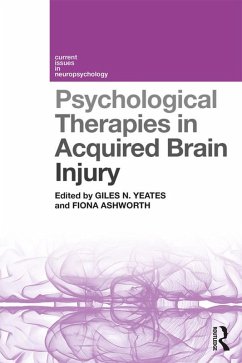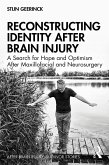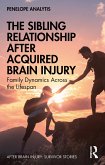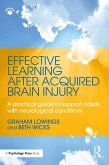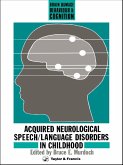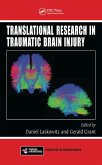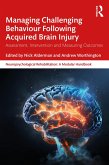Each chapter presents a new therapeutic approach by experts in the area. Readers will learn about the key principles and techniques of the therapy alongside its application to a specific case following ABI. In addition, readers will gain insight into which approach may be most beneficial to whom as well as those where there may be additional challenges. Covering a wide array of psychological therapies, samples range from more historically traditional approaches to those more recently developed.
Psychological Therapies in Acquired Brain Injury will be of great interest to clinicians and researchers working in brain injury rehabilitation, as well as practitioners, researchers and students of psychology, neuropsychology and rehabilitation.
Dieser Download kann aus rechtlichen Gründen nur mit Rechnungsadresse in A, B, BG, CY, CZ, D, DK, EW, E, FIN, F, GR, HR, H, IRL, I, LT, L, LR, M, NL, PL, P, R, S, SLO, SK ausgeliefert werden.
'Despite dramatic advances in neuroscience over the past few decades, there is still no "cure" or effective biological treatment for many of the long-term neuropsychological consequences a lot of our patients face after an acquired brain injury. Covering a wide range of therapy models and techniques, Psychological Therapies in Acquired Brain Injury makes an important contribution to the field of long-term psychological care of patients who have suffered neurological injury or illness. Technically sound whilst simultaneously also hands-on and practical, this is an essential book for anyone interested in the application of psychotherapeutic approaches to caring for patients with acquired brain injury and their families.' - Rudi Coetzer, DClinPsy, Consultant Neuropsychologist & Head of Service, North Wales Brain Injury Service, UK

